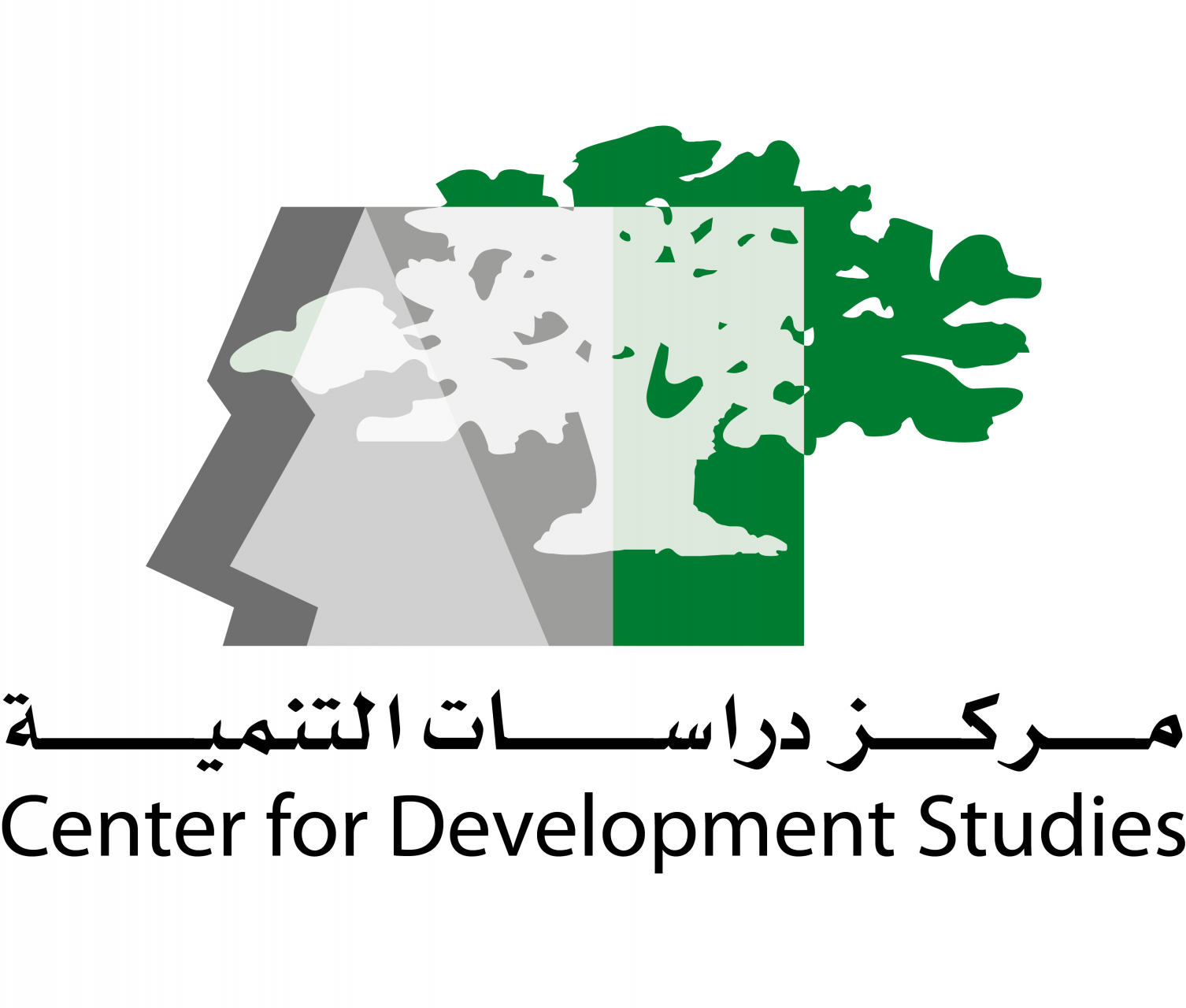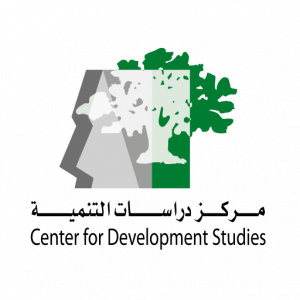Conflict Causes and Development Initiatives: A Structural Analysis
Finished Projects
2011
Aims and Objectives
The aim of this initial phase of analysis in the Palestinian Conflict-related Development Analysis program is to perform a thorough structural analysis of the modalities and causes of conflict in Palestinian society and in Palestinian territory, and to draw conclusions and recommendations from examining the relationship of conflict with development initiatives (and vice-versa) in OPT since 1967. The interrelationship at all levels of the development process and conflict will be analyzed on the basis of the understanding of conflict, with particular focus of both direct and indirect relationships between development processes and the causes of conflict.
There are five key objectives
- To develop a comprehensive picture of the background situation in OPT.
- To identify the causes of conflict in Palestine, then to categorize these by theme and level and to differentiate between structural causes and proximate causes.
- To outline and attempt to explain the history, success and failure of the various development initiatives that have, and have not, been funded by international aid since 1967.
- To investigate thoroughly the interaction between the structural causes of the conflict and development initiatives.
- Where this analysis points to key trends and lessons these will be presented in the form of concrete recommendations to the key actors. Broader results will also be presented as a preliminary exercise, while opening possible paths for further study in this program and for policy analysis to advance a coherent development strategy.
Project Duration
The duration of this project is 8.5 months, from 6 January 2008, until 15 August 2009
Stakeholders
This project has been made possible through the generous support of the United Nations Development Program (UNDP). Many other stakeholders have been selected for extensive consultation throughout the research process. These stakeholders are from a range of institutions, including governmental institutions, community groups, national NGOs and CBOs, academic community, international NGOs, international community (including bilateral and multilateral donors), and finally private sector, business associations, and trade unions.
Target Groups
Policy recommendations will be made that are applicable to the Palestinian National Authority, Civil Society Institutions and International NGOs.
Methodology
The methodology can be divided into two components: a literature review of the context of the Palestinian conflict-related development experience; and a social consultation process.
Drawing on a large number of reports and documents from civil society, international institutions, donors, governmental and non-governmental organizations, as well as studies, books, surveys and statistical information, the literature review will seek to draw out key issues for analysis as well as to provide the analytical framework for the design of the social consultation elements
The second project component is a social consultation process that serves two functions. First, it provides data to supplement and test the research findings; second, it serves to engage and include stakeholders on certain key elements of the research. The social consultation will consist of a series of interviews, focus groups and a broad survey. The evaluation will be divided between two major groups. The first: civil society and other actors, including Palestinian and international governmental and non-governmental actors involved in the decision-making and implementation of development. The second: people from communities involved in development initiatives and affected by conflict in the OPT.
While the exact framework for analysis will be informed further by the literature review and consultation with the steering committee, at this stage it is planned that seven sectors of society will be defined and selected for participation:
1. Government & political representatives
2. Community groups (including women’s groups, refugee representatives)
3. National NGOs and CBOs (including human rights organizations)
4. Academic community
5. International NGOs
6. International community (including bilateral and multilateral donors and other bodies)
7. Private Sector, business associations, trade unions, and other groups falling outside these categories
Survey
A broad, participatory survey will identify the causes of conflict in local populations throughout the OPT. It will expose perceptions of the following: the importance of conflict drivers; the potential capacities for resolution; attempts to resolve conflict; and development initiatives. The survey will be designed on the basis of lessons extracted from the conflict literature review process and key issues brought up during the interviews with development agents.
Open and semi-structured interviews with six actors within each of the seven sectors will be used to learn in details about the perspectives, experiences and actions of individuals who represent these diverse constituencies.
Focus groups will supplement the interviews, giving access to the opinions of a broader range of actors, and recording debate between these agents on key issues identified in the literature and interviews.
Following the production of a draft version of the background situation, and again after a draft of the matrix of conflict causes, analytical meetings will be held in four locations in the West Bank and Gaza to obtain feedback and input from key stakeholders.
Project Outputs
· Final publication of research findings and recommendations
· Two training workshops for field researchers.
· Consultation meetings with civil society institutions.
· Dissemination workshops and meetings to present the results of the study to the civil society institutions, the Palestinian Authority, and international organizations.



Comment here